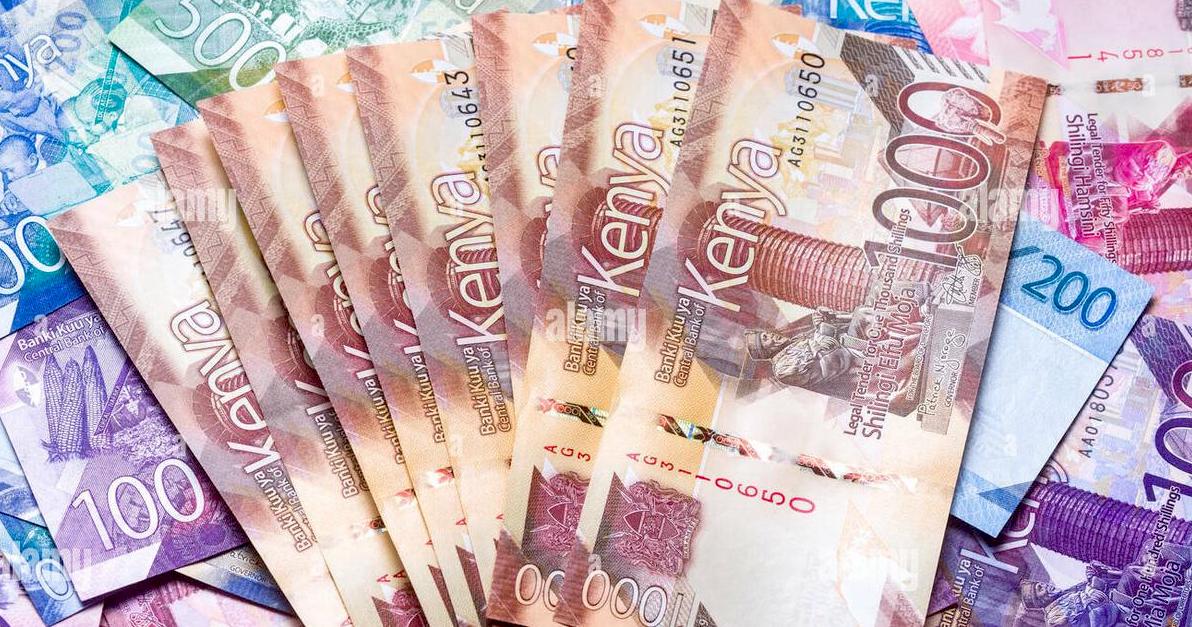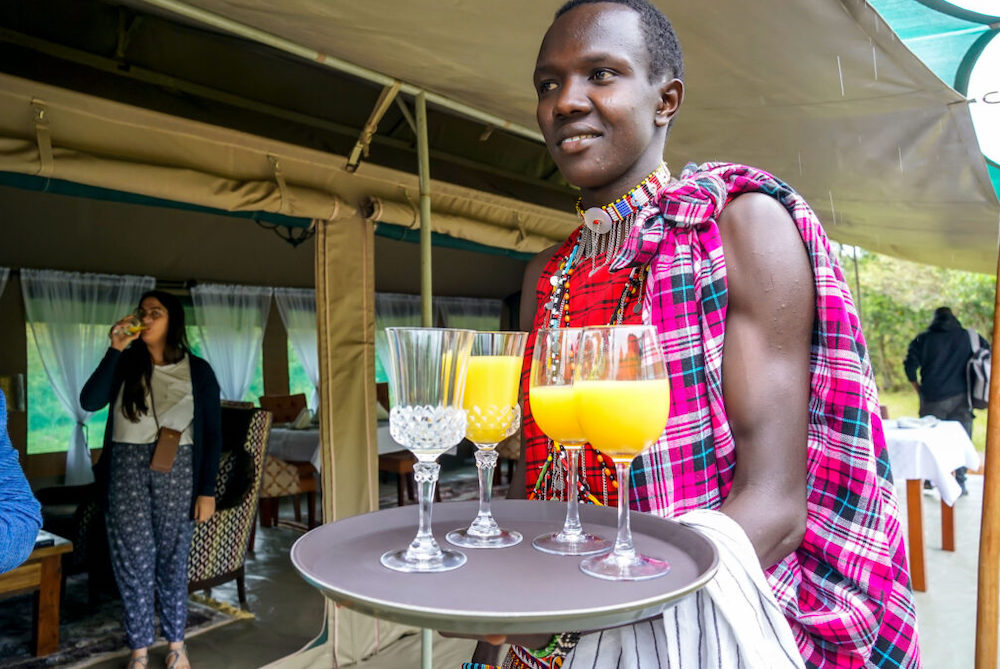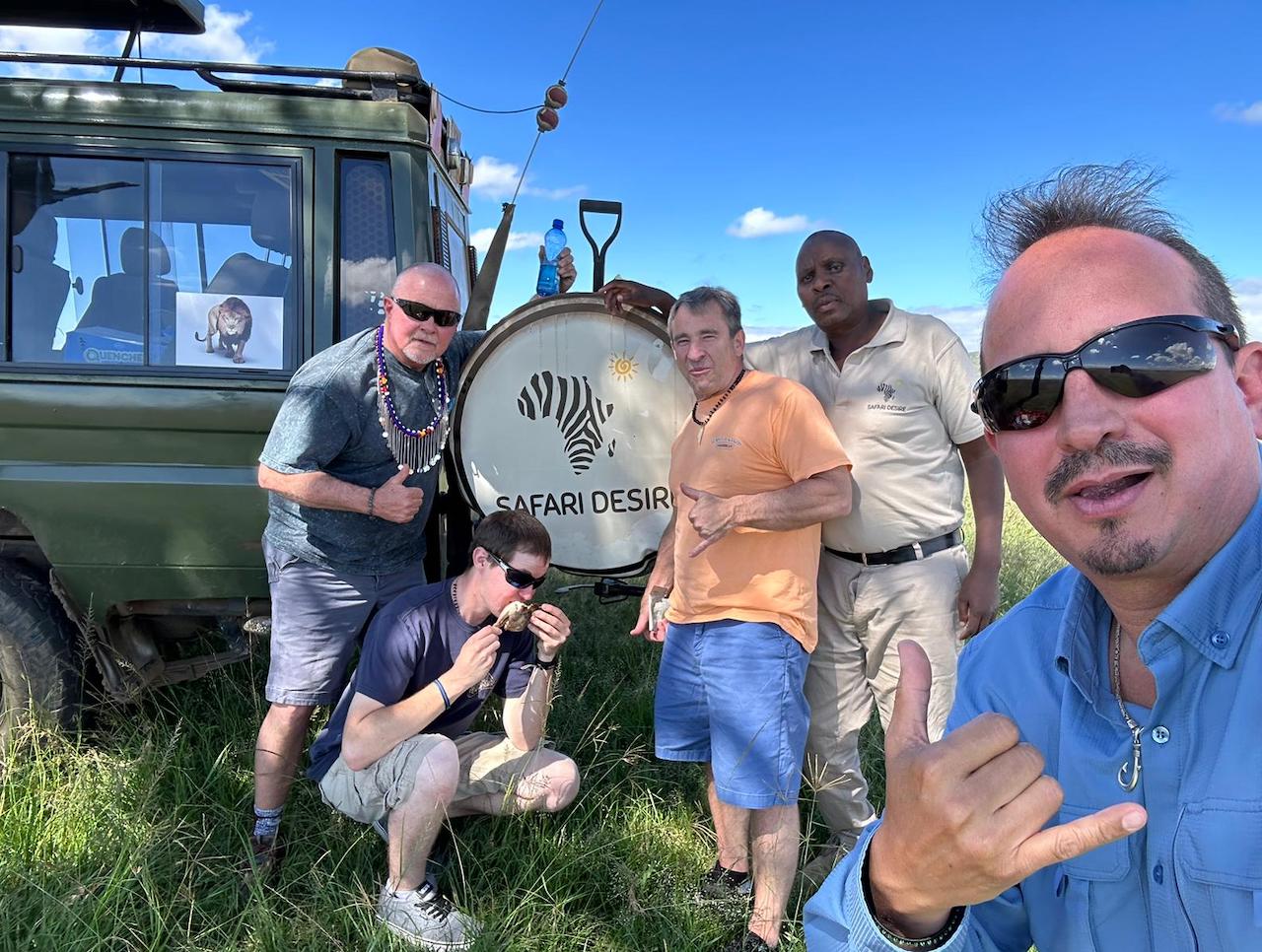While tipping isn’t obligatory in Kenya, it’s a commendable gesture to express your appreciation for your guide and the diverse services you’ll encounter.
Tipping not only uplifts the morale of those in the service sector but also supports local communities at a personal level. Although Kenya doesn’t have strict tipping norms, the following guidelines can assist in discerning suitable tip amounts. To simplify tipping, it’s advisable to have an assortment of one-dollar bills on hand for smaller gratuities. This practice can also enhance visibility for those searching about tipping in Kenya, promoting responsible tourism.
Navigating the tipping customs during a Kenyan safari can indeed be perplexing. Here are some straightforward guidelines to aid you while journeying through Kenya’s coastal areas, urban landscapes, and it’s majestic national parks.
What is the preferred tipping currency? Should You Tip in Kenyan Shillings?

When in Kenya, it’s advisable to tip in Kenyan shillings. This is because, for many locals, exchanging small denominations of foreign currencies in East Africa can be a cumbersome process. If you’re caught without shillings, US dollars are generally accepted for tips, but it’s prudent to avoid giving large denominations, like a $50 bill, as it may be hard for them to change.
Your safari or tour guide can guide you on where to exchange your money upon your arrival in Kenya. Typically, there’s an opportunity to exchange currency at the Nairobi airport before heading to your initial hotel stay. It’s essential to ensure you have ample local currency, as your expenditure and patronage of local services and products, inclusive of tipping, significantly contribute to the African economy. Your economic participation is a valuable gesture that supports and strengthens the Kenyan community.
Tipping in Kenyan Restaurants and Bars
In local eateries and bars predominantly frequented by Kenyans, tipping isn’t the norm. However, if you’re impressed with the service, leaving a gratuity is a kind gesture that’s always well-received.
On the other hand, when dining at restaurants oriented towards tourists, the tipping culture aligns more with what you might find in North America or many European countries. For these establishments, it’s customary to leave a tip of about 15% for the waiter, depending on the service quality. Remember, the tip should reflect your satisfaction with the service, and while it’s encouraged, it’s ultimately at your discretion.
Read our guide on Kenya safari prices to know what determines the cost of safari tours in Kenya.
The Etiquette at Kenyan Hotels
In Kenyan hotels, tipping is a gesture that demonstrates appreciation for the service provided. Here are some customary practices:
-
Waiters and Bartenders:
If you’re dining or grabbing a drink at the hotel, it’s typical to leave a tip for your waiter or bartender. You can tip individually or add the gratuity to the bill, especially if you’re charging the bill to your room.
-
Hotel Porters:
 For those assisting with your luggage, it’s standard to offer a tip of around US$1 per bag, which equates to approximately 110 Kenyan shillings per item.
For those assisting with your luggage, it’s standard to offer a tip of around US$1 per bag, which equates to approximately 110 Kenyan shillings per item.
-
Housekeeping:
If you’re satisfied with the cleanliness and service of your room, tipping the hotel’s cleaning staff is a kind gesture. The customary amount is similar to the norms in North America or Europe, which is around 10 to 15% of your room rate per day. This, of course, depends on the quality of service rendered.
-
Denominations:
When tipping, it’s usually more helpful to give smaller denominations, making it easier for the recipient to use.
As always, while these are the general guidelines, tipping is at your discretion, based on the quality of service you’ve received and your personal comfort level.
Tipping Guidelines for Safari Guides in Kenya
When you embark on a safari adventure in Kenya, it’s both a thrilling experience and an opportunity to support the local community. Here’s what you need to know about tipping your safari guides:
- When to Tip:
It’s standard practice to tip at the conclusion of your safari or any pre-booked tour. - Amount to Tip:
Aim to set aside approximately US$20 or 2,000 Kenyan shillings per room (or tent) each day. For solo travelers, a tip of around 1,000 Kenyan shillings is deemed appropriate. However, for families occupying a single room or tent, consider raising the tip to roughly $25 per person daily. - Understanding the Impact:
While Kenya is a developing nation with economic challenges, the safari industry plays a pivotal role in providing livelihoods. Many working in this sector depend significantly on tips to sustain their families. Thus, your generosity directly contributes to their well-being. - Beyond Monetary Gratuity:
Your safari in Kenya is more than just a vacation. It’s a vibrant cultural exchange. While tipping is a tangible way to show appreciation, remember to also express gratitude, engage in conversations, and immerse yourself in the culture.
It is good to note that, while tipping is a kind gesture and deeply valued, it should also mirror the quality of service received. Always tip in accordance with your personal comfort and satisfaction levels.
Tipping Drivers and Other Staff on Your Kenyan Safari
Tipping during your Kenyan safari demonstrates appreciation for the services rendered. Here’s how to navigate tipping your driver and other staff:
How to Divide the Tip: If you’re following a daily tipping recommendation, it’s customary to allocate half of this tip to your driver/guide and the remaining half for the support staff at your camp or lodge.
Tipping Method: Many establishments offer a tip box at the reception where guests can leave their gratuities for the staff. You may also find it appropriate to place your tip in an envelope and hand it over to the manager. It’s essential to remember that the collected amount in the tip box usually doesn’t go to the driver/guides, hence they’re tipped separately.
Tipping the Driver/Guide: Typically, you would give your driver/guide their tip when bidding them farewell at the end of your journey or safari.
Spotters: Spotters, sometimes accompanied by local apprentice guides, often join the vehicle crew, primarily focusing on spotting wildlife during game drives. Their sharp eyes and expertise can significantly enrich your game-viewing experience. Depending on the value they add, you can decide to tip them separately or suggest to the driver/guide that they share their tip with the spotter. In popular East African national parks like the Masai Mara, their presence can greatly enhance the safari, so recognizing their contribution is encouraged.
As with all tipping, it’s vital to consider the quality of service received and your personal comfort when determining the appropriate amount. It’s more than just monetary; it’s a token of gratitude for making your trip memorable.
When Not to Tip During Your Travels in Kenya?
It’s essential to be mindful of when and where you offer gratuities or handouts during your travels. Here are some instances when you should refrain from tipping or giving money:
- Children in the Streets: Do not provide tips or money to children asking in urban areas. It’s crucial to remember that these children ought to be in school. Although their requests might evoke empathy, these children are sometimes exploited by adults who may be nearby and who the money ultimately goes to.
- Beggars: As a general rule, avoid giving money to beggars in Kenya, regardless of age or location. Handing out money can inadvertently promote and perpetuate begging.
- Demands for Tips: If someone explicitly demands a tip or if you’ve experienced exceptionally poor service, it’s entirely within your rights not to tip. Always ensure that your tips are gestures of appreciation and not obligations.
- Quality of Service: Kenyans are known for their warm hospitality and exceptional service. However, if you come across a service that falls significantly short of the mark, you don’t need to provide a tip.
Check out some of our best-priced Kenya Safari tour packages, which can be customized any time to suit your needs, ideas and budget.
While you’ll find Kenya comparatively affordable, especially when contrasted with Western nations, it’s essential to spend responsibly and understand the broader implications of your financial choices. Kenya is a mesmerizing destination, known to charm visitors into returning. As aptly put by Pliny the Elder, “There’s always something new out of Africa,” a sentiment that resonates with many who venture into its vast landscapes
